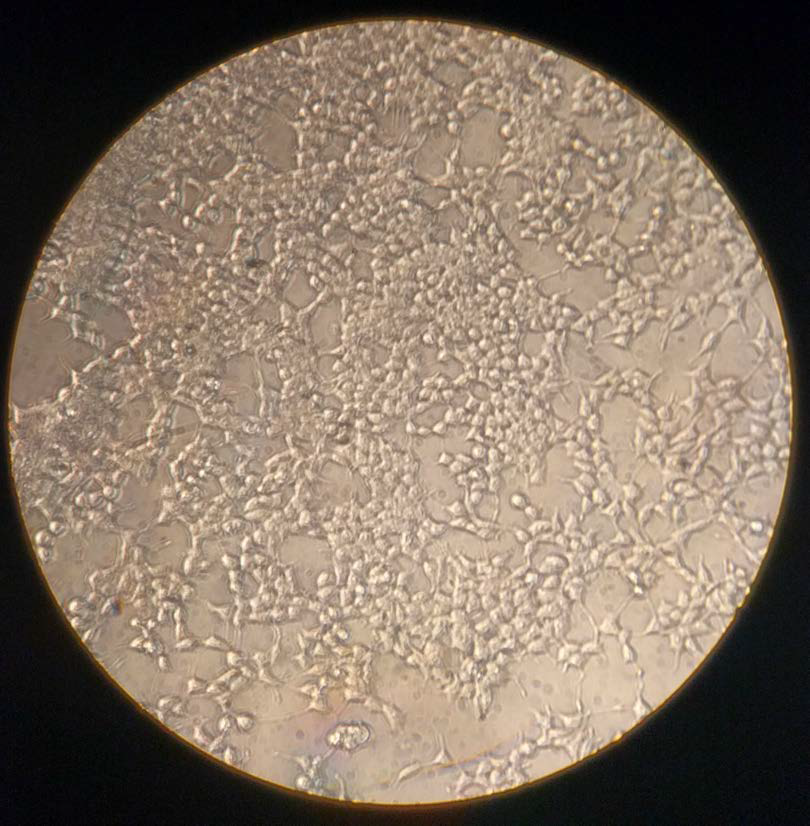Fetal cells, used to develop common over-the-counter (OTC) drugs, are stirring up a huge debate. These cells, from lines like HEK-293 (Human Embryonic Kidney cells from a 1973 aborted fetus), help test medicines like Tylenol and Advil. They’re vital because they act like human cells, ensuring drugs are safe. However, their link to abortion upsets many people. Scientists note the cells, grown in labs for decades, don’t require new fetal tissue. The National Institutes of Health (NIH), which emphasize that most research relies on historical cell lines. In rare cases, fresh fetal tissue has been used in specific medical studies (e.g., regenerative medicine), but this is heavily regulated, often involving tissue from miscarriages or legal abortions, and is not standard for OTC drug testing. Still, the fetal cells debate splits those who support medical advances and those who see it as morally wrong. National Institutes of Health

Why Use Fetal Cells?
The cells, like HEK-293, are widely used because they’re reliable and human-like. For instance, drugs like Ibuprofen, Benadryl, and Claritin are tested on HEK-293 to confirm safety. These cells keep growing forever, making tests consistent. Yet, some, especially religious groups, want other methods. Alternatives include induced pluripotent stem cells (from adult skin) or animal cells, but they’re often costlier or less effective. Consequently, fetal cells remain standard, leaving people torn about using these medicines. Nature Biotechnology

Impact on Everyday Shoppers
Millions use OTC drugs like Pepto-Bismol, Mucinex, or Aleve, unaware they’re tested on fetal cells like HEK-293. Meanwhile, social media, especially X, spreads this news, and some shoppers seek alternatives. However, most drugs involve these cells, so options are few. Drug companies insist no fetal cells are in the final pills and testing ensures safety. Thus, people must choose: take these drugs or follow their beliefs. Alternatives like plant-based or synthetic testing are in development but aren’t common yet. National Institutes of Health
Finding a Better Way
The clash over fetal cells, including HEK-293, highlights science versus morals. These cells help create safe drugs, saving lives. But their origins trouble many. Therefore, researchers explore options like computer models or lab-grown human cells to replace them. These alternatives show promise but are slow to adopt. For now, most OTC drugs rely on fetal cells, and shoppers must think carefully. This story asks: How can we develop medicines that respect everyone’s values? The Center for Bioethics & Human Dignity
Get clear, honest news on medicine and ethics at Patriot Newswire






